It’s State Dinner day! To learn about Japan’s new economic national security policy, export controls, chip policy, lessons from history, and even space policy, we interviewed Kazuto Suzuki.
Suzuki-san is a professor at the University of Tokyo. He serves as an advisor to Japan’s Ministry of the Economy, Trade, and Industry (METI) as well as advising Japan’s space program. He served on the UN Security Council's Iran Sanctions Panel, and he also recently established the Institute of Geoeconomics at the International House of Japan.
We get into:
What Japan’s new economic national security law does, and what it means for global semiconductor supply chains
The state of multilateral export controls
Nippon steel, the US election, and cooperation between East Asian democracies
Lessons from examples of economic coercion from the Qing Dynasty to FDR vs imperial Japan all the way up to the Senkaku islands
Japan’s goals for space commercialization.
Co-hosting today is Arrian Ebrahimi, student at Yenching academy and author of the Chip Capitols Substack.
It’s my birthday today! Biden did not come through with a State Dinner invite, but you can still make my day.
Forward this email to one friend! The only way ChinaTalk can thrive is if we continue to grow our audience. If you enjoyed something we’ve made this year so far, please send it along.
Fill out our first-ever user survey! Tell us how we’re doing and help clue us in on our demographics so we can get advertisers to fund more content. Five respondents will get $100 and a complimentary paid subscription. I timed it: it will take you approximately 55 seconds.
Economic National Security
Jordan Schneider: How did Japan in the 21st century start to focus on economic security?
Kazuto Suzuki: The initial concerns about economic security started in 2010, when the Japanese Coast Guard arrested a Chinese fishing boat captain near the Senkaku Islands. China then demanded the release of the captain and ceased exporting REMs, which were critical to Japan’s hybrid car industry.
This incident became a big national issue between Japan and China. Ever since, Japanese businesses as well as politicians understand that China is not afraid of using blunt-force economic coercion.
There was a shortage of masks during the COVID and we realized that production was too concentrated in China.
This was the background of the economic security promotion act, which was established in 2022. There is a shared memory among the Japanese that there is always a threat that China will use the economy as a weapon.
Jordan Schneider: Can you discuss the enthusiasm for economic national security promotion? Are “growing pains” from decoupling unpopular from a political economy perspective?
Kazuto Suzuki: There's no enthusiasm in it. People are simply afraid, and thus we want a precautionary approach. If you chase after the short term benefit, dealing with China may bring you some goodies, but the problem is if you depend heavily on China then you'll be punished. People are trying to find a balance and, as Jake Sullivan said, the approach is to make a small yard with a high fence. That is — make the sensitive part as small as possible, and try to build up protections.
Jordan Schneider: On one hand, it might be politically easier for Japan if the U.S. is strong-arming them, but also you've seen a lot of pushback from the likes of Tokyo Electron and others who are set to lose out on billions of dollars of revenue from the restrictions. How has that tension played out, from your perspective?
Kazuto Suzuki: The U. S. pressure was a good excuse for the Japanese government to accept export limits on manufacturing equipment for high-end chips. But I believe we are hiding behind the United States too much when we confront China.
China is using economic coercion anyhow. If it's retaliation or non-retaliation, it doesn't matter, they are just simply using economic coercion as a tool to promote their own policy.
The fear of retaliation is not a major theory in Japan. It's then easier to convince the shareholders to accept export control regulations on the profitable China market. We are not trying to fight against US demand and we can accept new regulations.
Jordan Schneider: Can you explain Japan’s new economic security act?
Kazuto Suzuki: The goal is to improve the resilience of the supply chain.
It offers an incentive for companies to find alternative sources of supply. It’s not a tariff, we are not trying to limit the imports of cheap Chinese products. Rather, it’s a subsidy for use of alternative minerals, alternative sources, and alternative methods of production. There are suppliers of critical minerals in friendly countries like Australia, Canada, and the Philippines, for example.
It also has provisions for the protection of critical infrastructure and to conceal patents for dual-use technologies.
Finally, it includes significant promotion of R&D. We want Japan to be more indispensable in the global supply chain. If other countries depend on us, that would reduce the risks of being coerced. This is a sort of a tit for tat mechanism for deterring the exercise of economic coercion.
That's the political landscape in Japan. It's not a hawkish or dovish kind of confrontation. It is more about the balancing and careful selection of the industry and technology in the view of the future potential of China.

Jordan Schneider: It hasn't been this fun to work at METI in 40 years, right?
Kazuto Suzuki: Exactly! This is a renaissance of industrial policy. Japan was heavily investing in the postwar period and METI was the leading figure. They used subsidies to get Japanese industry going which was so successful that it led to economic confrontation and trade friction with the United States in the 1980s.
After that, the bureaucrats shifted towards a more neoliberal, less interventionist style, oriented more towards market deregulation.
That was a reasonable decision at the time, because that was the golden age of globalization, everyone was investing in other countries without government intervention.
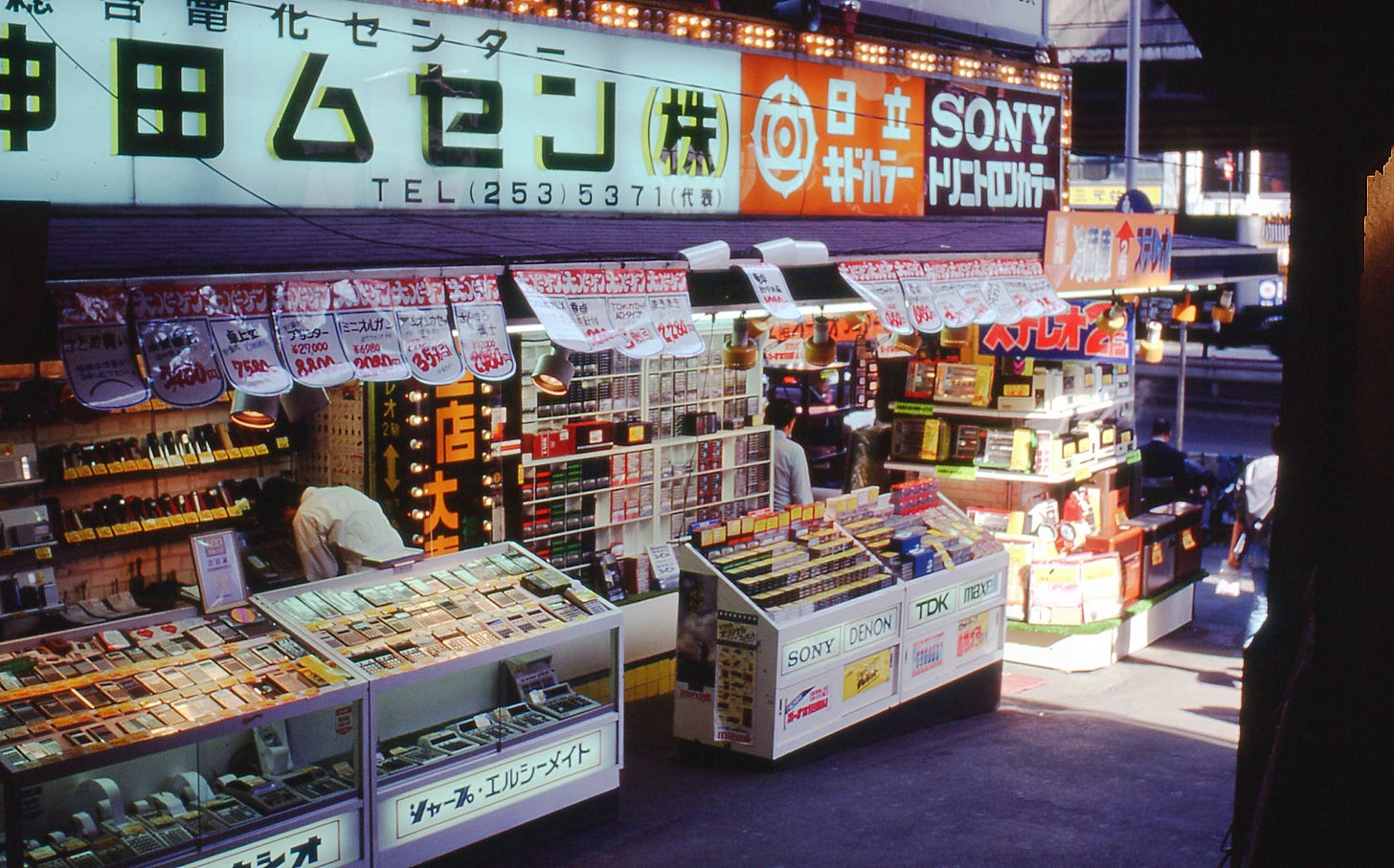
But the tide has changed ever since 2010, when China started to use the economy as a weapon. Then Donald Trump changed the whole concept of globalization because he was using tariffs even as he was unraveling environmental and safety regulations. Biden has reinstated those domestic regulations, but also put more emphasis on subsidies and industrial policy. That’s ironic, because Japan was criticized and even demonized for doing too much industrial policy during the Reagan administration.
I don’t know if Japanese bureaucrats are “excited,” because now they have a whole bunch of really hard work to do. They were happy to do that during 1960s and 70s because they saw their work translate into the growth of Japanese economy. But now, preventing economic coercion from China is going to be expensive, which is necessary, but less exciting.
Jordan Schneider: Is industry excited that the government is now writing multi-billion dollar checks for projects like the ones in Kumamoto and Hokkaido with Rapidus?
Kazuto Suzuki: The problem is that in Kumamoto, we are paying the checks to the TSMC, not a Japanese company. We are just inviting the TSMC for the better sake of the security of supply. So that's a totally different story.
Rapidus is an exciting part though, as they are aiming for the cutting edge of 2nm semiconductor production and beyond. Of course, it depends on the government subsidies, but they are also depending on foreign partners like IBM or ASML. This is a global company from birth. The aim is a global market based on global partnership.
From a METI point of view, of course writing a check for Rapidus creates jobs and acts as a stimulus for the local economy, but that’s it.
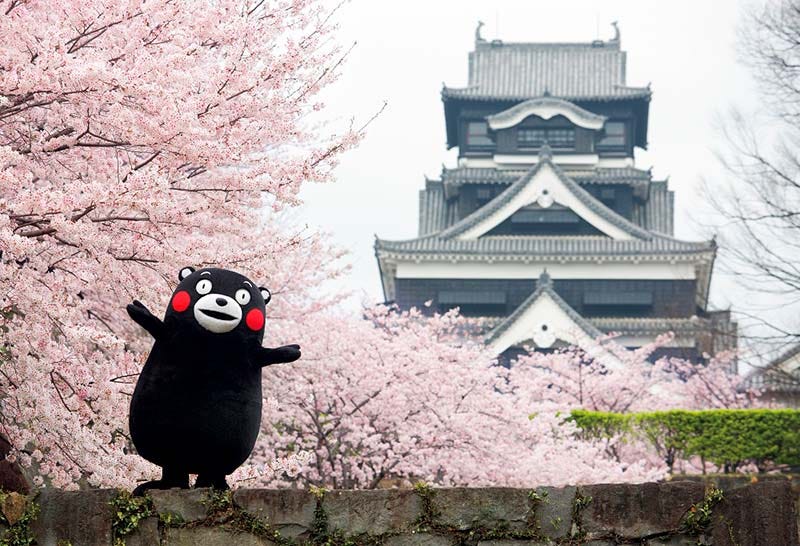
I think in the United States, the relationship between government and industry is more confrontational, whereas in Japan, it's more fluid. It's not really a flashy confrontation. It’s more like a corporate partnership between the government and the industry. But again, comparing to the traditional Japanese industrial policy, I think this is different.
Failed Export Controls and the Minilateral Future
Arrian Ebrahimi: We had a historical parallel in the development of export controls with the Wassenaar Arrangement, which includes the US, Japan, and notably Russia.
That regime shaped many of the export control regimes in member countries, but now global leaders say that Wassenaar is obsolete.
What did Wassenaar mean to Japan? How do we move forward with export controls in the world's current geopolitical alignment?
Kazuto Suzuki: Wassenaar has been the centerpiece of Japanese export controls on dual use items. It has been integrated into Japanese law alongside other regimes like those from the NSG (Nuclear Suppliers Group), the Australia Group, and the MTCR (Missile Technology Control Regime). These form the framework for Japanese export control, which aims at preventing the proliferation of the weapons of mass destruction.
On the other hand, the United States has a flexible export control mechanism. you have IPA, you have EAR, you have a whole bunch of executive orders and everything. It's much easier for the US to shift the objective of the export control. The US also has the flexibility in the tariff policy. If the president decides that an item is a matter of national security, you can increase the tariff.
Steel and aluminum were the items that Trump put tariffs on for national security, which is a policy that Biden continued. These kind of things doesn't exist in Japan. Tariffs are controlled by the WTO.
So when the United States asked Japan to change the export control regulations for chips, that was the first time that we put restrictions on something that was not decided by an international regime.
In that context, we do also agree that Wassenaar is obsolete.
It's not working. It requires a unanimous decision. As long as you have Russia in it, then, there is no decision at Wassenaar. They can talk shop but no decisions will be made. But we need to have effective export controls.

In 2019, when the Japan-South Korea relationship was not doing well, Prime Minister Abe wanted to find some ways to send a message to South Korea. They took South Korea off of the white list for export controls and moved them down to the second-tier ranking. That hurt the pride of the South Korean people and was not successful, because it only fueled more anger.
It was a diplomatic failure. That was the first and only time that Japan used export controls in this way. But yes, the future of export controls will be minilateral, not multilateral, frameworks.
The Japan-US-Netherlands trilateral agreement is a start, but it’s not very convincing.
In order to have a more universal, or let's say, more applicable framework, we need to have something with a size of about 10 to 15 countries working together to prevent disruption of the international order.
Jordan Schneider: The future of Korea-Japan relations looks much better now. We had the Camp David summit recently. Do you think this little bromance will impact economic security?
Kazuto Suzuki: As long as Yoon is President, I think we do have an opportunity to have a good relationship with South Korea.
The pressing security focus has shifted away from North Korea and towards China. During the Yoon administration, there was a much more significant change of the South Korean perception of China. So they see China as an economic threat.
During the Moon Jae-in administration, the South Korean people believed that China was El Dorado. Samsung and others built factories there, but now the South Koreans have stopped investing in China. President Yun has brought this idea that, there are certain aspects of China, which are very dangerous.
The networks, the French Korean partnership, these are the major, shift of policy in South Korea. And I think that has been bearing some fruit. So I hope that the South Korean constituencies understand that this is the right way to go and confronting Japan would produce nothing.
I hope that this romance will continue even after the President leaves the office, but often we have to start from scratch after a change of their presidency. It’s been a bit of an emotional surf ride. But, we'll see.
Nippon Steel and Trump 2024
Jordan Schneider: Nippon Steel tried to buy U. S. Steel. Ambassador Emanuel came out very much in favor of it, but there has been pushback from other politicians. How big of a deal was this in Japan?
Kazuto Suzuki: It's a bigger deal in Japan. It's been in the news almost every day. Nippon Steel is trying to convince the steelworkers union. But I don't think this was the right timing.
Let me just be the sort of an advocate of the Nippon Steel side here. There is a 25% tariff on foreign steel, so producing steel in Japan for use in the USA is just not competitive.
Nippon Steel had this golden opportunity to have a production site in the United States. There's a boom in demand for steel because of the IRA. Automakers from Europe, South Korea and Japan are now investing in Ohio, Kentucky and elsewhere for electric car manufacturing.
So this is the dumbest situation because US Steel is already on the market. But of course, it’s six months before the presidential election.
Jordan Schneider: It’s tricky because US Steel is like a really sad, depressed former national champion. It’s going to die. The opposition says they are protecting jobs in Pennsylvania, but Nippon steel has promised to hire more people and pay them better wages.
I guess the Biden team is probably thinking, even if the chance of losing Pennsylvania because of this acquisition is only .5%, it’s just too risky because of the stakes of having Trump in the white house are so high.
Would a second Trump administration be damaging to Japan? Do you think that continued U.S. involvement is still necessary to keep things like the Korea-Japan partnership on the rails?
Kazuto Suzuki: Yes and yes. The US has a greater role to play. I'm especially worried about Trump's romance with Kim Jong Un. They are exchanging love letters and, and they meet for occasional dates in Singapore, Hanoi, and Panmunjom. This is going to be very problematic because we cannot agree on how to deal with North Korea. The United States always plays a role. But unfortunately this role can be a disruptive one.

Circumventing sanctions and lessons from history
Arrian Ebrahimi: I’m interested in the different political incentives that impact the chip industries in Japan, South Korea, and Taiwan.
Japan is more of an upstream supplier, focused on equipment and materials, while South Korea and Taiwan are more downstream. That gives them different stakes in the China market. One example of this dynamic – South Korea and Taiwan lobbied for Samsung and TSMC to be exempted from the chip export controls set forth by the US Bureau of Industry and Security. But Japan didn't push back as hard. Do you think we will see more examples of this dynamic?
Kazuto Suzuki: South Korea and Taiwan are more different than you think. South Korea has an integrated device manufacturer (IDM) model. Samsung and SK Hynix are trying to do everything in house, from the upstream to the downstream. Whereas TSMC in Taiwan is a foundry, so they are doing only manufacturing.
They are both dependent on Japanese material, Japanese equipment, as well as ASML in the Netherlands.
Korea is facing a very difficult position because the cost of producing the chips within South Korea is getting higher and higher.
TSMC is facing a different problem, which is resources. Taiwan is too small to provide all the electricity, water and manpower. TSMC needs to go beyond Taiwan, and that's one of the reasons why they invested in Kumamoto as a strategic center for production.
The lobbying against BIS was to maintain manufacturing capability within China. That’s why they wanted to have an exemption. It’s not asking for permission to invest more, but rather, permission to maintain current capacity which sooner or later will become obsolete.
Neither Taiwan nor South Korea is demanding further expansion of production capacity in China. Nobody can make a semiconductor alone. Japan, South Korea, and Taiwan depend on each other. It is wrong to assume that one country can be a winner and the other country to be a loser, or that one country can be powerful and others just subordinate.
It’s not a zero-sum game. It’s plus-sum.
Jordan Schneider: Speaking of countries depending on each other, Arrian, why don't we get a little riff from your thesis about the Qing dynasty and Japan.
Arrian Ebrahimi: In the late Qing dynasty there was a heavy reliance on Japanese, German, and American naval technology. The Qing dynasty began a “Self-strengthening Movement” (洋务运动/洋務運動) to try and create their own downstream shipbuilding and gun building manufacturing facilities. But this movement paradoxically created even more reliance on Japanese upstream imports for advanced materials and equipment.
Is history repeating itself? Are efforts to achieve semiconductor independence going to dig the industry further into a hole?
Kazuto Suzuki: Japan, Taiwan, and South Korea are not in confrontation. We are not trying to use superiority in any spot in the supply chain to put pressure on each other.
The relationship with China is different. China depends heavily on Western technology, supply, manufacturing, and equipment.
But China is capable of producing legacy chips in massive, massive amounts. They can do it cheaper than any other producer.
My concern is that China will dominate the legacy chip market and destroy all the existing capabilities of other countries. Japan has companies like Renesas which produce legacy chips. If we don’t find a way to compete with Chinese production, we can't survive.
Jordan Schneider: Fast forwarding from the Qing dynasty to the 1930s, Imperial Japan’s puppet state in Manchuria was supposed to increase self-reliance, but it led to the US government increasingly ratcheting up sanctions in response. Historians debate the extent to which the oil export ban triggered the attack on Pearl Harbor.
I’m curious – does Japan see an analogies at all with respect to what the rest of the world is doing to China? Is there a risk of creating a sense of “temporal claustrophobia” in which China feels the need for urgent aggression while they are still at their peak? Or is this ancient history?
Kazuto Suzuki: The 1930s are used as a more common reference to the current sanctions on Russia instead of China. We are not sanctioning China. We are only trying to prevent the acquisition of high-end chip capabilities for the sake of reducing Chinese military capabilities.
Since Japan is an oil importer, the WWII oil embargo was a serious hit to the Japanese economy. You are correct that there was a clear connection between the oil export ban and Imperial Japan’s decision to go into French Indochina and the Dutch colonies to gain access to the resources.
There was a discussion in Japan that harsh sanctions on Russia would put Russia into a corner, causing them to do something unthinkable like using a nuclear weapon. But Russia did not use a nuclear weapon, and now they are still trading oil to China, India, and elsewhere.
From a Japanese point of view, there's always a reference to the 1930s when it comes to the question of economic coercion. There is a national memory. But this argument is separate from the question of economic security. Economic security is a debate about how to prevent economic coercion from being imposed on Japan. Something that hasn't changed since the 1930s is that Japan depends heavily on imports for energy and food. We are vulnerable to economic coercion, so we need to think of the how to mitigate those risks.
Arrian Ebrahimi: From my viewpoint here in China, I feel like many people really do see this as the development of a modern economic weapon.
Scholars in Beijing often look at Western sanctions imposed on Russia after their 2014 invasion of Crimea as a prelude for what may be to come. They look at Russia's internal autarkic reaction to Western sanctions to draw lessons on what China could do to prepare for potential loss of technology
Do you think there may be a disconnect between Western capitals and Beijing in how they view the through lines of history and the use of sanctions and how Russia compares to past examples?
Kazuto Suzuki: The sanctions against Russia are a punishment for starting a war. What is happening to China is not a prelude to war, it's simply an attempt to maintain technological superiority.
The big difference is that there is still a lot of trade going on between Japan and China or the United States and China. If China invades Taiwan, then punitive sanctions will be imposed. But again, sanctions always run two ways. The country imposing the sanctions requires some sort of a national consensus to justify the pain from a loss of imports.
Look at what happened to Europe– they depended heavily on Russian oil and natural gas. Now they are paying for it.
Imposing sanctions on China is unthinkable. It would require a lot of economic pain in the United States and in Japan.
China might feel that they are under pressure, but in the macro scheme, if you look at all the numbers, then China and the United States are still trading heavily. China is still the number one trading partner of Japan. That's not a sanction. There is simply a bar on advanced semiconductors. That's all.
Jordan Schneider: In the 1930s, the US and Japan had real trading relationships and real dependencies. FDR started economic sanctions slowly, with stuff like minerals and imports that were only really for use in making fighter jets and stuff.
We can hope that semiconductor export controls aren’t some ugly feedback loop with Chinese policymakers where they decide, “Oh, the game is already over, they're coming for us anyways, let's just continue to be more obnoxious in our neighborhood and ultimately give the rest of the world all the more reason to cut off China's access to technology and materials.”
I am hopeful that won’t happen. Maybe the academics Arrian has met are just trying to write some fun papers at CAS to get headlines in red.
Kazuto Suzuki: In the 1930s, Japan was heavily dependent on the rest of the world when it came to rubber, oil, lubricants…everything. [JS: Fun fact—whale oil used to be an important dual use good!]
I don't think China depends on the United States for oil or food at all. They have big reserves. They used to be dependent on the US for food, but because of the Trump trade war, China is finding alternative sources in Brazil and Argentina. That's different from the situation in the 1930s in Japan.

The degree of dependence is the defining factor. It is misleading to use the 1930s as an example of the consequences of imposing economic punishments.
Jordan Schneider: I'm sold. On the topic of Russia circumventing sanctions, there have been some damning articles coming out of Nikkei and Der Spiegel of DMG Mori machines showing up in Chinese atomic development and Russian artillery manufacturing capacities. Is METI mad about this kind of thing?
Kazuto Suzuki: This was basically regarded as laziness on the part of the German regulatory officials. There was an agreement reached with Washington that this machine tool needs to be controlled. The Japanese authorities have already stopped them.
DMG Mori, did not export to China, but the Germans let it go. It was the responsibility of the German authority to control that, but it didn't happen.
China or anybody who wants to get access to the machine wants to find the weakest link. The most important thing about the multilateral export control regime is: don't be the weakest link. The weakest link will be exploited.
JAXA, SpaceX, and Elon Musk
Jordan Schneider: What's happening with Japan's space program?
Kazuto Suzuki: The space program is now exciting. The budget has tripled since 2015. These new industrial policies and SBIR have created strategic funds to support the space venture. Now there is lots of money available for investing in space. Now, together with the United States, we are now moving forward on the Artemis program.
The United States has guaranteed that it will carry two Japanese astronauts to the surface of the moon. They will be the first non-American astronauts to land on the moon. That's a real excitement for Japan.
Japan is now able to launch our H3 rocket. It is not yet competitive against SpaceX, But still, there is a huge demand for launches, and so there is surplus demand that SpaceX cannot fill. The Japanese H3 may be able to capture some of that demand.
Hopefully, we can continue a thriving this new space era, particularly with new commercial ventures.
My favorite space company is Astroscale, which cleans up space debris. Japan is the first country to build a satellite for removing space debris from orbit. If this company is successful, then it will create a lot of avenues for potential commercialization of these satellites for salvage activities, as well as refuel or repair of satellites in space.
Jordan Schneider: How is Elon viewed in Japan?
Kazuto Suzuki: Generally speaking, he's an entrepreneur. Successful with Tesla, SpaceX, and Starlink, but he's also a weird guy, a friend of Trump. Buying Twitter and making it the wild west. He’s sort of a disruptive person, both technologically and socially.
He's breaking social norms, which doesn't really create a good impression in Japan. I think he is regarded as a genius with bad characteristics.
Jordan Schneider: You and many other Japanese policymakers are very active on Twitter. Is Japanese twitter different from English twitter?
Kazuto Suzuki: The quality of debate is different. Japanese Twitter has its own sort of a character.
Sometimes there are aggressive right wing conspiracy theorists using Twitter to disseminate their theories. But not nearly as much as in the United States.
Japan is more relative in terms of not subscribing to certain extreme ideas. Japanese people do not choose right or wrong. I think Japan is still healthier in terms of using Twitter as the platform for providing ideas for policies.
There is often little public debate over certain policies. Some people are just simply announcing their position. It’s a space where you can read about other people’s ideas and then you can decide for yourself.
One last time:
Forward this email to one friend! The only way ChinaTalk can thrive is if we continue to grow our audience. If you enjoyed something we’ve made this year so far, please send it along.
Fill out our first-ever user survey! Tell us how we’re doing and help clue us in on our demographics so we can get advertisers to fund more content. Five respondents will get $100 and a complimentary paid subscription. I timed it: it will take you approximately 75 seconds.



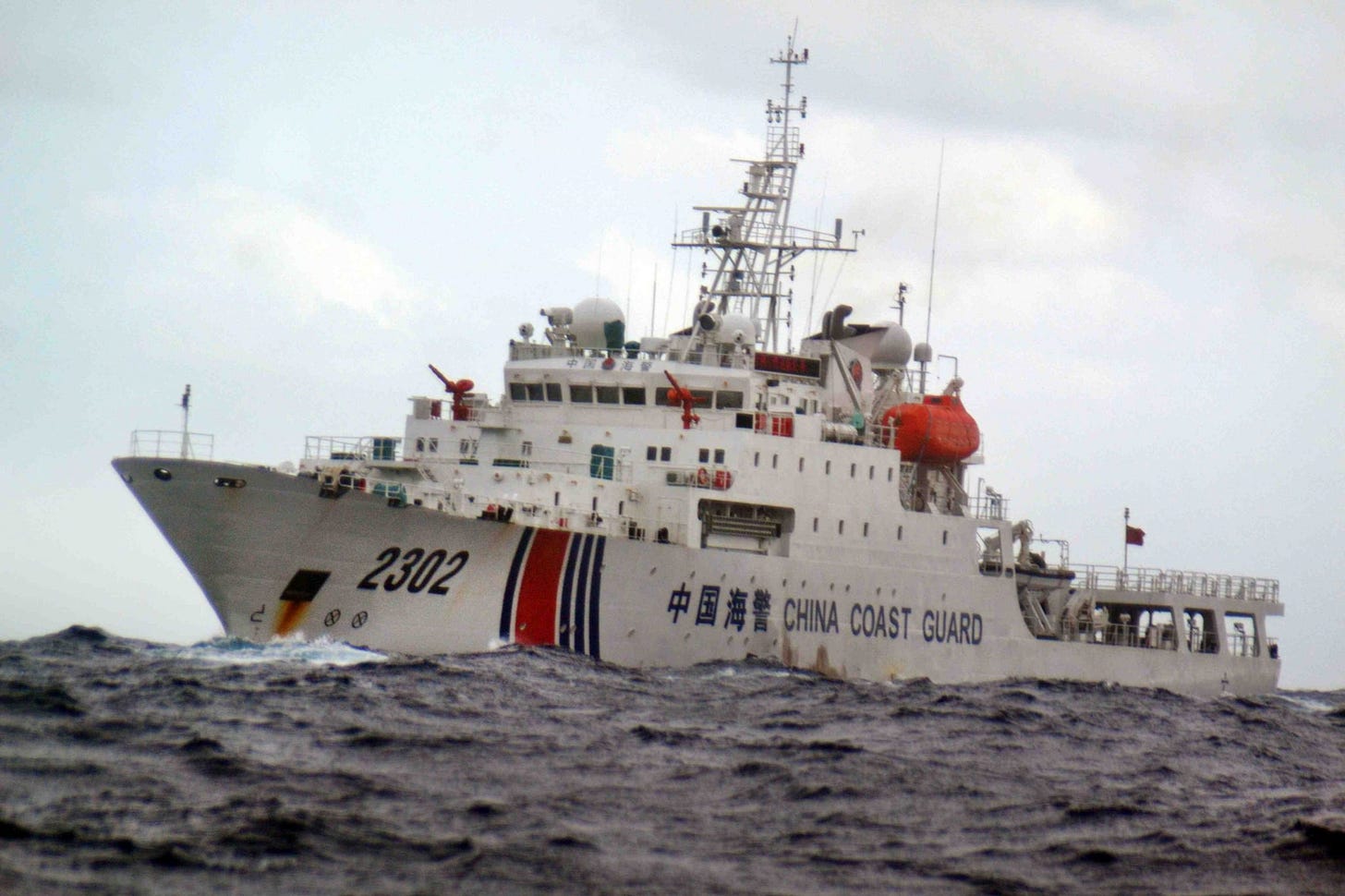
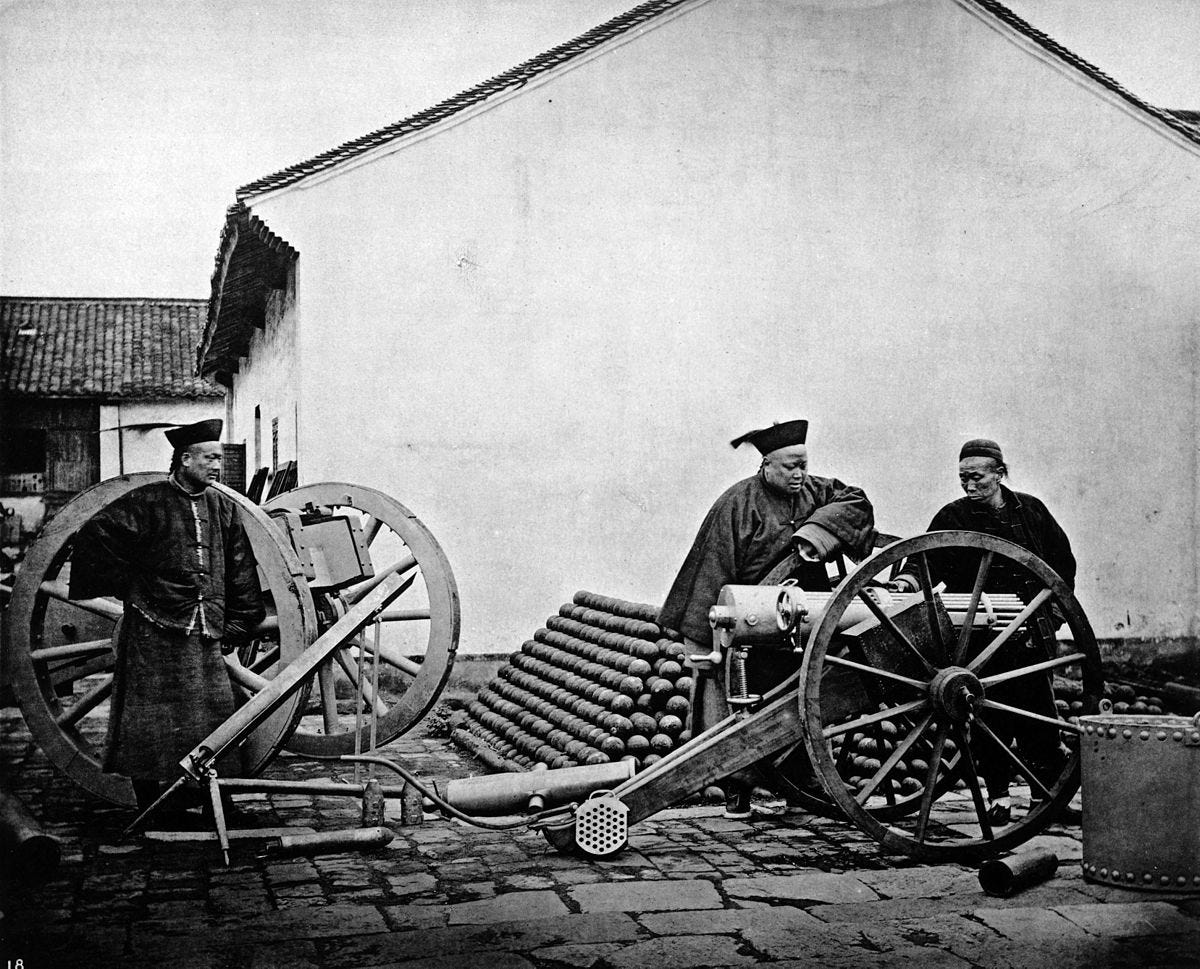
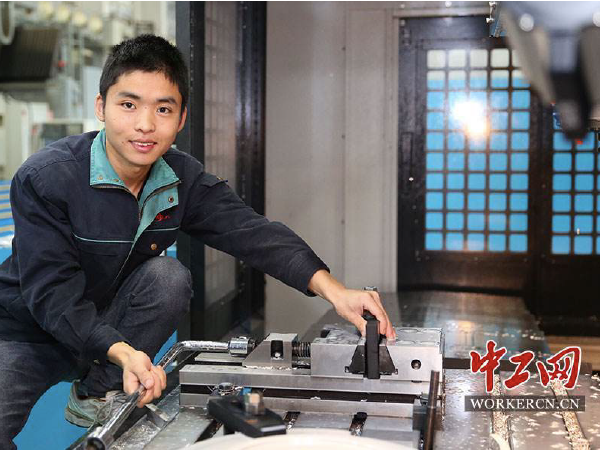
The China Hand guy is spewing the same BS as his Global Times counterparts. Why should we pay any attention to him?
The guy is spewing the same BS as his US conterparts.
Just a different take is provided by Peter Lee (China Hand). It looks like Senkaku Island incident was a total Japanese provocation: https://www.patreon.com/posts/unlocked-snow-of-101982701